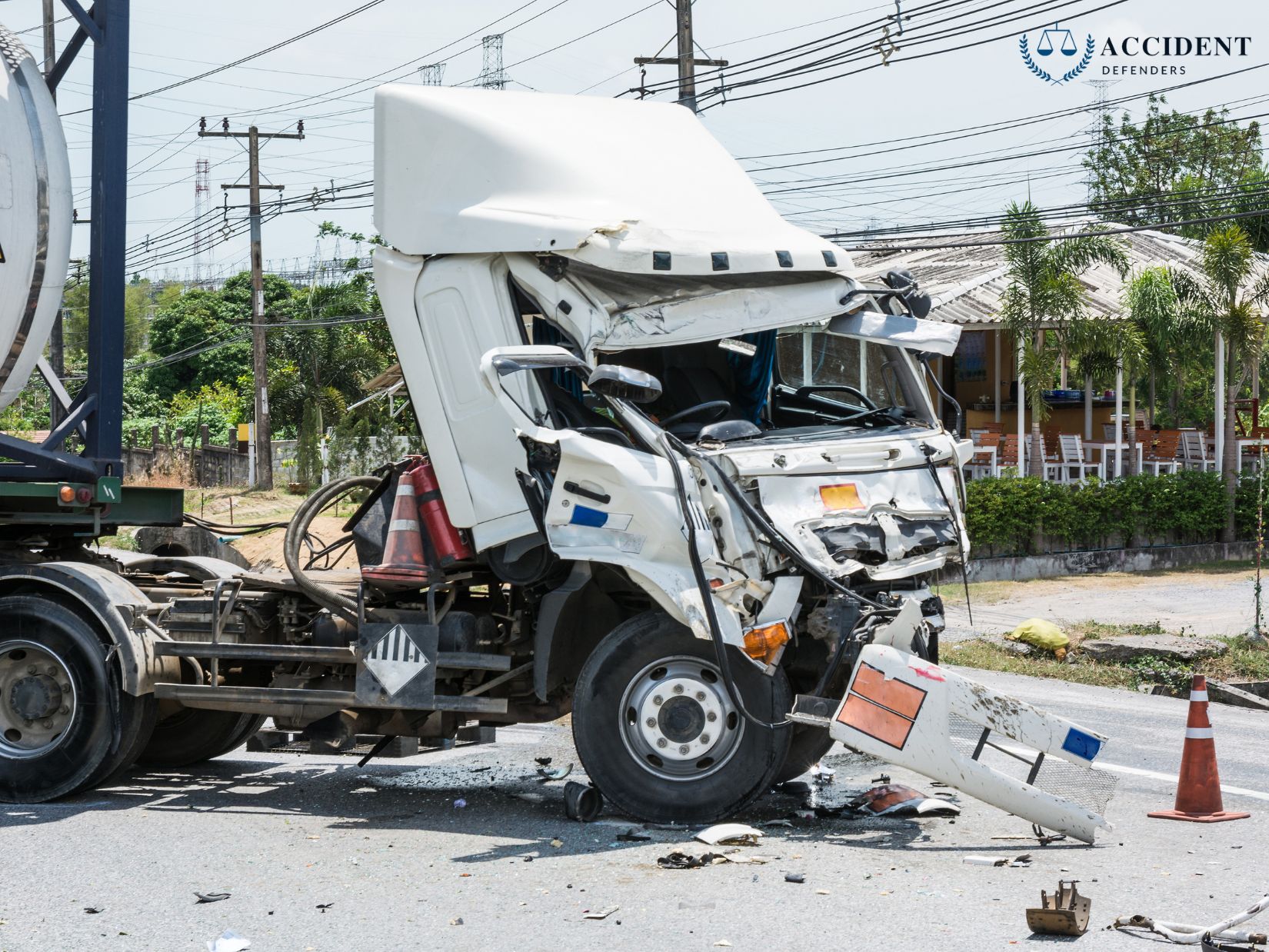One moment, life is normal. The next, everything changes. Maybe you were hit by a distracted driver, slipped on an unsafe surface at work, or got injured in a sudden fall. The pain is intense, the medical bills start piling up, and how to recover from all this feels uncertain. As if that wasn’t enough, you’re now faced with the challenge of proving what happened and how much this injury has impacted your life.
In this situation, medical evidence can help you a lot. How? It tells about your pain, the treatments you’ve endured, and many more things. Whether you’re dealing with a traumatic brain injury, a severe back injury, or broken bones, every medical record is crucial. It can mean the difference between being dismissed and getting the compensation you deserve.
But what exactly counts as medical evidence? How can it strengthen your case? And why is it so important to act quickly? In this blog, we’ll discuss the important role medical evidence plays in personal injury claims, giving you the knowledge to protect your rights and fight for the justice you deserve. Let’s get started!
No Proof, No Case? Discover Why Medical Evidence Is Essential
Cause or Coincidence?
One of the most common tactics insurance companies use is questioning whether your injuries were caused by the accident or were simply a coincidence. Medical evidence plays a crucial role in establishing causation — the direct link between the incident and your injury. Doctors’ reports, imaging results (like X-rays, MRIs, and CT scans), and specialist evaluations provide scientific backing to your claims. For instance, if you suffer a herniated disc after a car crash, medical scans can clearly show the damage, while doctors can confirm that the impact caused the injury. Without these records, it’s your word against theirs, and that’s a tough battle to win.
Medical Evidence: Your Proof, Your Protection
Every medical visit, test, and treatment generates records that serve as critical proof of your injuries and expenses. These receipts and reports establish your economic damages, covering hospital stays, surgeries, medications, and rehabilitation costs. More importantly, they provide objective documentation that strengthens your claim against insurance adjusters’ scrutiny. Insurers look for inconsistencies to minimize payouts, but detailed medical evidence answers key questions
- What injuries did you sustain?
- What treatments were necessary?
- How long will your recovery take?
Strong medical documentation not only ensures fair compensation but also counters attempts to shift blame onto you. Without it, you risk leaving money on the table.
When Words Aren’t Enough — Bring Legal Proof
In court, personal injury cases rely on a legal concept called preponderance of evidence — meaning the evidence must show that your injuries were probably caused by the accident. Medical evidence gives personal injury lawyers the tools they need to build a solid legal case. It converts the victim’s story into a fact-based argument supported by concrete proof. With medical records, bills, expert testimonies, and diagnostic reports, lawyers can present a clear and compelling case that shows the extent of the injury, its cause, and the financial and emotional impact it has had. In negotiations or court proceedings, this evidence strengthens the lawyer’s ability to fight for fair compensation. Without it, the case would rely heavily on personal accounts and assumptions, which are far less convincing.
Did You Know These Types Of Medical Evidence Could Win Your Case?
Medical Expert Testimonies
Doctors’ reports and clinical notes provide a detailed record of your injuries, tracking symptoms, diagnosis, treatments, and recovery progress. These records document the impact on your daily life and highlight any long-term limitations or complications. To strengthen this evidence, medical experts can provide professional testimony, offering deeper insight into the severity of your condition, expected recovery, and future medical needs. Their impartial analysis adds credibility, helping to clarify complex medical details for insurers, judges, and juries.
Diagnostic Test Results
Diagnostic tests like X-rays, MRIs, CT scans, and blood tests offer objective proof of injuries. They provide concrete personal injury evidence that can’t be easily disputed, making them particularly valuable when the injury isn’t immediately visible. For example, an MRI can reveal soft tissue damage or spinal cord injuries that don’t show up on a basic physical exam. These results help validate the severity of the injury and ensure it’s not downplayed.
Medical Bills And Financial Records
Medical bills and financial records serve as concrete proof of the costs incurred due to the injury. These documents cover everything from hospital stays and surgeries to therapy sessions and medications like painkillers, anti-inflammatories, or antidepressants. They also account for future expenses if ongoing treatment is necessary. Without these records, it would be impossible to calculate accurately the financial impact of the injury and secure fair compensation.
Conclusion
If you or a loved one has been injured, time is critical. The sooner you seek personal injury medical attention and legal representation, the stronger your case will be. Don’t wait until the insurance companies build their defense — start building yours today. Contact Accident Defenders for a free consultation, and let us fight for the justice and compensation you deserve. Your recovery is our priority, and we’re ready to stand up and defend your rights. Let us help you take the first step toward healing and rebuilding your life.




